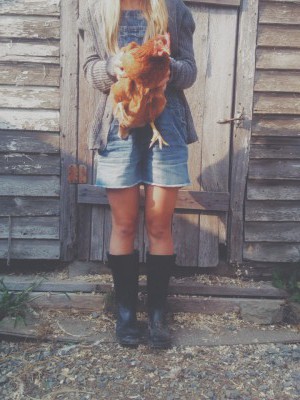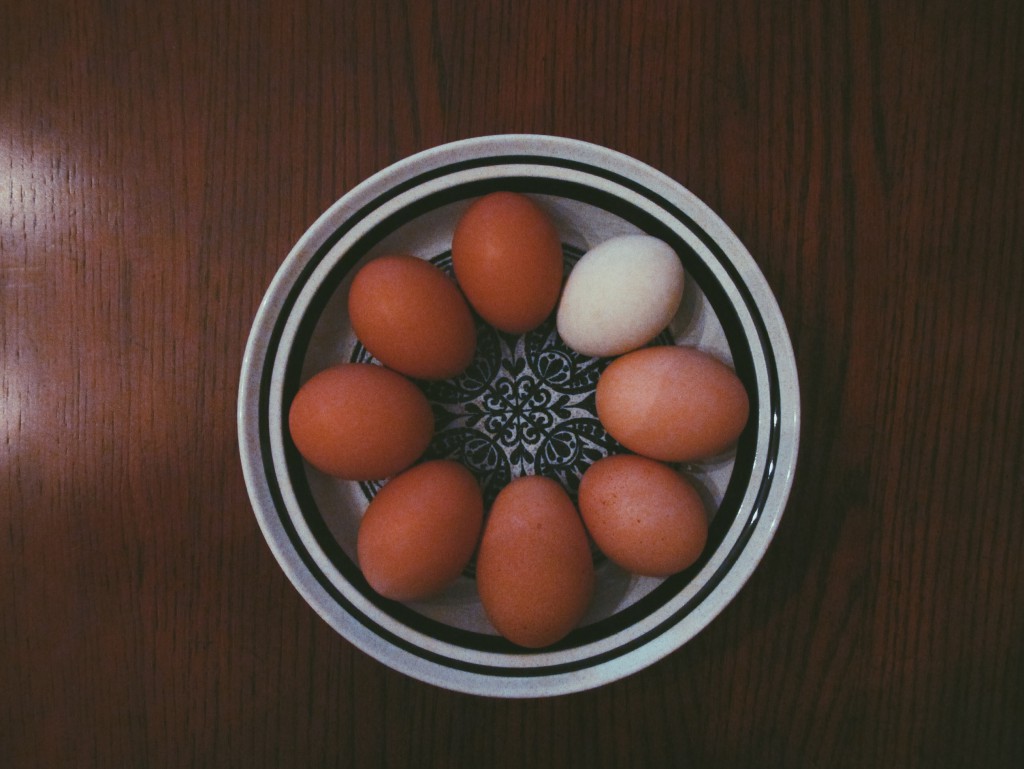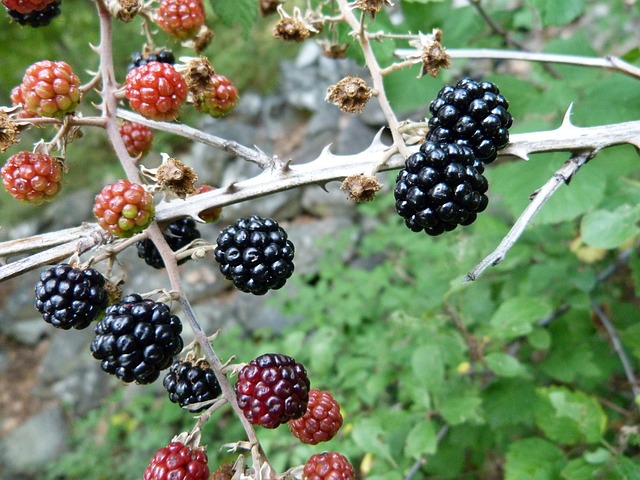By Robyn Roste

Every day before and after school 15-year-old Jenisa Los waters, feeds, and collects eggs from her flock of chickens.
“If I’m not there to do this it doesn’t get done. I’ve learned responsibility that way,” she said.
Jenisa has operated her egg-delivery business, known as The Little Hen Homestead, for three years but had her first experience chicken farming at age nine.
“We got chickens that were going to be eaten for meat, so it got me started. When one would die I would cry my eyes out and we’d have a burial service for it.”
After the last of her first flock died, Jenisa took a break from farming. But by age 13 she started up again.
“I took an interest but mostly not for the right reasons. I wanted a horse. My dad told me if I wanted a horse I had to pay for it all by myself. He suggested I start a chicken business. I said that was ridiculous—who would buy eggs from a 13-year-old kid!”
Her desire to have a horse outweighed her objections and she purchased 30 brown chickens. Her next problem was finding clients. She went door-to-door in her rural Abbotsford neighbourhood.
“From there I would get weekly orders I’d deliver on my bike,” she said.
Word about The Little Hen Homestead spread and soon, with a few popular Instagram posts and some word of mouth advertising, she was selling more eggs than she had available.
“It’s really cool how our society has progressed,” she said, referring to the way people search and shop for new things and share advice on social media.
Although she didn’t expect much from her Instagram posts, she realized why it worked.
“People like it because they’re in contact and in a relationship with me and they can see I’m caring for my chickens ethically. They know what they’re getting. There’s transparency.”
Now with 76 chickens and two roosters Jenisa is in her third farming cycle. They roost overnight in two coops and have a large area of her family’s two-acre parcel to roam during the day.
At one point all her chickens were free to roam without limit but they wreaked havoc on neighbourhood gardens. After trying several different types of fencing, Jenisa was resigned to installing an electric fence so her neighbours could plant their gardens in peace. Improving her chicken’s grazing area is her next project.
“I’ve always had big dreams about this,” she said. Over the summer Jenisa plans to try a different kind of fencing to give her chickens more space.
Money management and prioritization are important to her business. Before beginning a new project she first looks at the numbers. She also applies this technique to how much she charges for eggs.
“At first I charged less than what I do now,” she said. After studying the market and looking at her expenses she knew she had to increase her prices. Having the numbers back up her decision made it a bit easier.
Juggling school and a small business has been an adjustment. For a teenager this means sacrificing after-school activities and visiting with friends.
“That’s something I had to learn. I had to say no to things because I had other mouths to feed.”
Although there are sacrifices, Jenisa thinks other people her age shouldn’t shy away from farming. Her biggest piece of advice to anyone thinking about starting a small business is that they need to learn how to interact with older people. They also have to be prepared not to be taken seriously.
“Don’t be discouraged when people laugh in your face,” she said. Running an egg business has taught her important skills like problem solving, creativity, and perseverance.
“It’s not the same every day,” she said. “I thought it would be easier in that way but I’ve learned through trial and error. You see what works and what doesn’t.”

Jenisa is as passionate for the people who purchase her eggs as she is for her flock. She believes eggs go a long way to feeding families and developing local communities and applies her Christian faith into her business and relationships.
This passion has developed over the years. Once she achieved her goal of getting a horse she kept it for a while but realized all her egg money went into keeping her horse. Deciding she could do more important things with her money, she is now saving up for university as she’s considering studying design and marketing.
“I’ve learned there’s a lot of power in words and I feel many advertisements on TV don’t have a lot of truth in them—they twist it.” Jenisa believes there’s a way to create good advertising with integrity.
You can find Jenisa Los on Instagram under “thelittlehenhomestead”, and Robyn Roste at robynroste.com.
SUBSCRIBE to Modern Ag Mag: 4 FREE issues a year to Canadian addresses!












